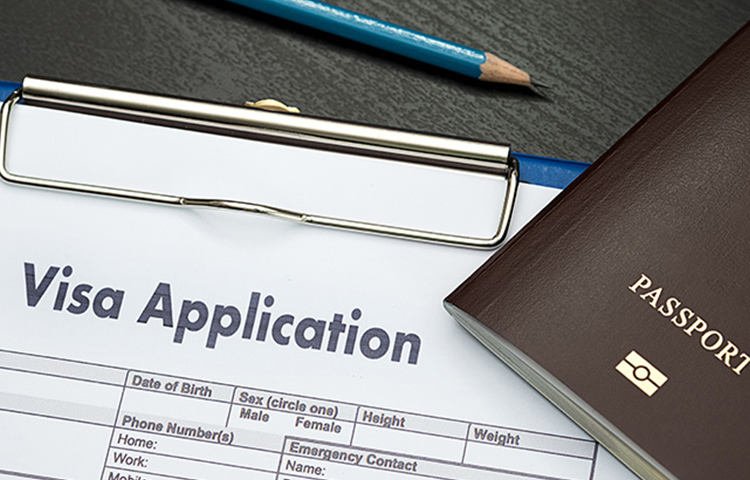
Canada ensures that every foreign national meets admissibility requirements before they are allowed to enter the country. Immigration, Refugees and Citizenship Canada (IRCC) and the Canadian Border Services Agency (CBSA) prioritize securing the country’s borders from those who may pose a risk. Therefore, these two organizations can deny entry to any foreign national who they believe is likely to commit a crime during their visit to Canada.
A person may also be deemed medically inadmissible to Canada. This can occur if they are likely to be a danger to public health or to public safety, or if they have a condition that might reasonably be expected to put excessive demand on health and social services.
Family member inadmissibility
All family members of family class or the spousal sponsorship immigration candidates, whether accompanying or not, must be examined. This includes a medical examination as well as a determination if they are inadmissible for criminal or security reasons. Generally, applicants and family members over the age of 18 must provide police certificates, clearances or records of non-conviction.
In most cases, an applicant will be denied entry to Canada on the grounds of having an inadmissible family member if that person, whether accompanying or not, has been determined to be inadmissible.
With respect to non-accompanying family members, a principal applicant will be inadmissible to Canada themselves if their inadmissible non-accompanying family member are:
- – Spouses, except if they are separated (in law or fact).
- – Common-law partners.
- – Dependent children, of whom the applicant or their accompanying family member has custody or the power to act on their behalf.
- – Dependent grandchildren, of whom the applicant or their accompanying family member has custody or the power to act on their behalf.
Whether accompanying or non-accompanying, a inadmissible family member may not make a principal applicant inadmissible if both these conditions apply to your situation:
- – You are a temporary resident or a temporary resident applicant, and
- – The inadmissibility is not because of security, human or international rights violations or organized criminality.
The Immigration and Refugee Protection Act (IRPA) distinguishes between permanent and temporary residents when it comes to inadmissibility of a family member. For permanent residents, the scope of what will make a person inadmissible is broader than for temporary residents. The policy reasoning behind this is that permanent residents intend to remain in Canada and have the opportunity to sponsor family members. In comparison, temporary residents are expected to leave at the end of their stay and cannot sponsor a family member.
Rules: How To Apply For Visa
Before applying for migration visa/general visa you have to make sure the following things otherwise you may face some difficulties:
- Passport in original with minimum date with six months
- One recent passport-size colour photograph depicting full face
- Copy of a national Id card
- Bank statement of last six months with sufficient balance
- A particular priority date

Our Capabilities For Visa & Immigration
Visarzo has worked in this sector since 2000 and we know that the visa application process is dynamic. Since we have been working in this sector since 2000 it is easier for us to understand what is the best way to get a visa easily and get permission. If you look at our success rate then you will understand our capabilities. .
So if you think that we can help you, don't hesitate to communicate with us. We are here to help you all the time for your better success..
I’d want to express my gratitude to visarzo and the entire staff, particularly Mr. James Thomas, for assisting me in obtaining my student visa for London University. She helped me to find University.
James Thomas




